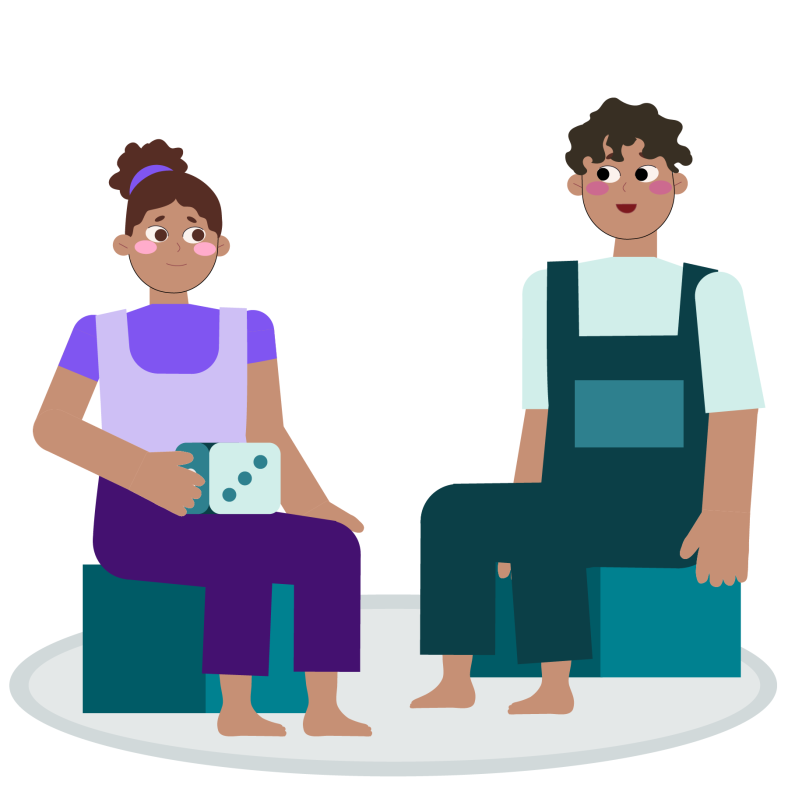The information on this page is not available in your language. If you need an interpreter, call the Translating and Interpreting Service (TIS National) on 131 450. TIS National is a free and confidential 24-hour service.
Coercive control is serious. It can cause immediate and long-term harm. The effects often get worse over time and can continue after the relationship has ended.
Coercive control can affect every part of a person’s life including their mental and physical health, relationships, employment and financial security.
The abuse can also affect a person’s sense of safety, their independence, and self-esteem - making them feel trapped, powerless and alone.
Coercive control is strongly linked to intimate partner homicide
A history of coercive and controlling behaviours in a relationship is a known precursor for intimate partner homicide. This can include both physical and non-physical violence.
The NSW Domestic Violence Death Review Team found about 97% of intimate partner domestic violence homicides in NSW between 2000 and 2022 were preceded by the perpetrator using emotional and psychological abuse as a form of coercive control towards the victim.1
In about 27% of intimate partner homicides that occurred between 2000 and 2022, there was no known history of physical violence before the victim was killed, according to the NSW Domestic Violence Death Review Team.2
The work of the NSW Domestic Violence Death Review Team shows that any intimate relationship where there is coercive control, be it physical or non-physical abuse, can become fatal.
“The most distressing thing I lost was me, my (self-worth). Couldn’t think straight, even to the point I couldn’t write out a shopping list, I couldn’t concentrate. I was always worried that I may do or say the wrong thing. It is so hard to describe to you the mental torment, always questioning yourself. Never being able to comprehend that this person who is supposed to love me can hurt you so badly".3
– Victim-survivor
He would come in to work all the time, if I was 10 minutes late from work he would ask why. I had to eventually leave my employment, was sick all the time and mentally exhausted. I wasn’t allowed to have my own opinion, everything I said was wrong or stupid."4
– Victim-survivor
"I suffer from PTSD since I left him, I have trouble sleeping, and experience nightmares nearly every night. I have severe anxiety attacks, almost constant headaches, and tiredness. I have trouble concentrating and focusing."5
– Victim-survivor

